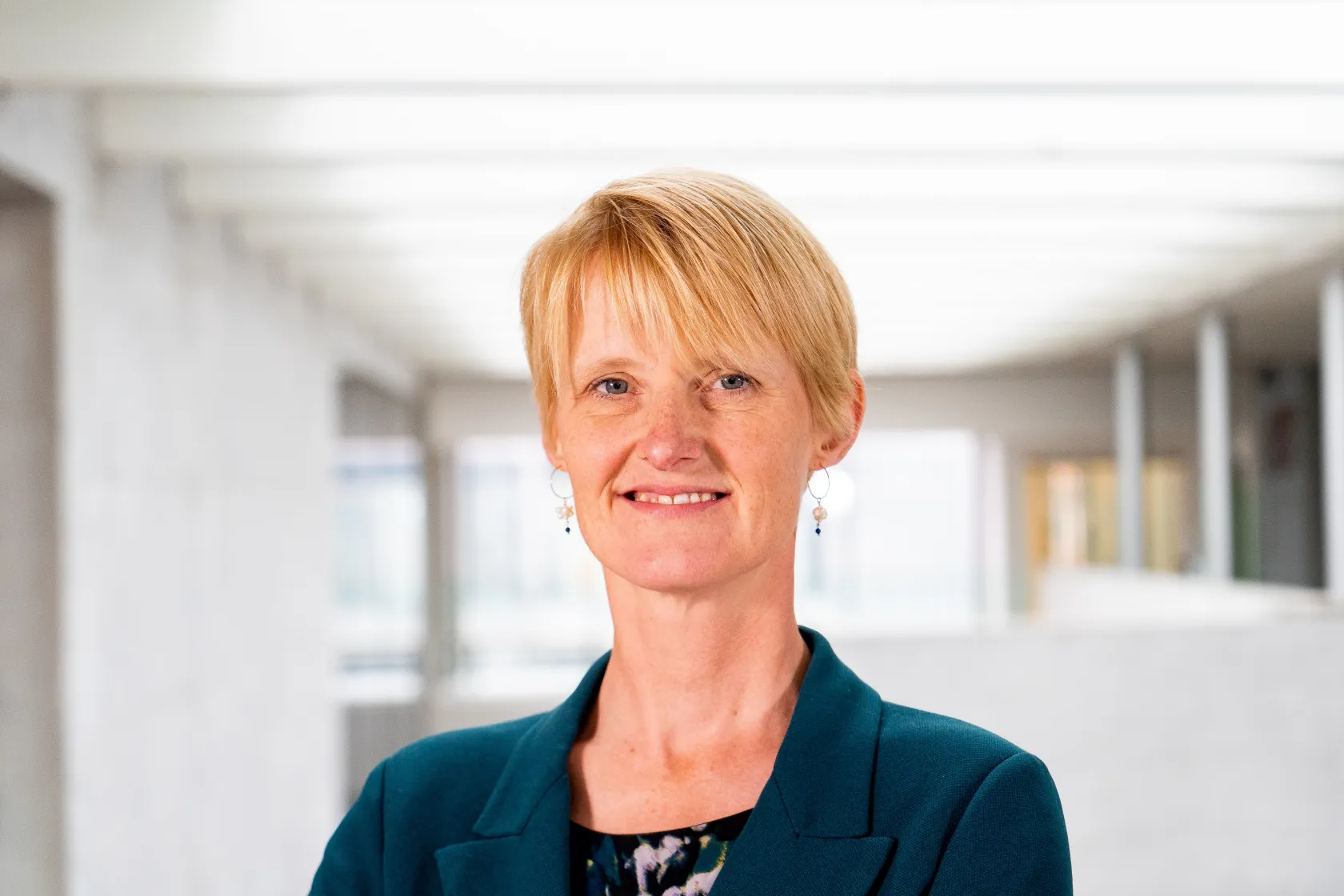
Europe Yes, But Not Too Integrated
In 2023, we celebrate the 30th anniversary of the European single market. Established on the 1st of January 1993, the European single market is a cornerstone of European integration securing the European Union's so-called four freedoms: free movement of goods, capital, services, and people. The single market is clearly one of the EU's greatest achievements. In fact, based on calculations by the European Commission Europe's GDP is almost 10% higher because of it. The single market will also be crucial for Europe's future, especially when it comes to securing the digital and green transitions.
That said, the single market is also contested. For example, the Bolkestein directive (officially the Services in the Internal Market Directive) that established a single market for services in 2006 was highly controversial. Critics feared that the directive would lead to social dumping, the process whereby employers rely on cheaper labor from other countries, or moving production to a low-wage member state to keep labor costs down. The functioning of the European single market has also come under pressure due to its potential role in increasing inequality within and between member states. While it is difficult to establish what exactly contributed to growing inequality, the ability of EU institutions to combat it is not completely warranted, especially due to the fact that social policy is not an area in which in the EU has much authority.
The European Commission has focused on proposing steps to complete the single market to improve on its weaknesses in order to increase growth and competitiveness in the EU. A variety of proposals have been discussed, such as the deepening and completing of the capital market and banking union to spur EU-wide investment or accelerating the green and energy transition. What these different proposals have in common is that they would entail steps towards further integration, and require support of member states and their populations. In light of this, it might be important to know where the public stands when it comes to more political and economic integration.
Together with Isabell Hoffmann of the Bertelsmann Foundation, we have conducted public opinion surveys, eupinions.eu, on a representative survey of EU citizens four times a year since 2015. For the sake of brevity, I will rely on two sets of questions. First, we asked about people's support for EU membership, especially if there would be a referendum on your country's EU membership today, would vote for your country to remain or leave. Second, we asked if people would be in favor of more political and economic integration in the future. Let's start with reviewing public support for EU membership.
At the start of our survey period in 2015 with the migration crisis and Brexit in 2016, the EU's trajectory looked very shaky. This was reflected in people's opinion towards the EU. For example, support for EU membership in Italy dipped under the 50 per cent in March 2017. After another dip during the start of the COVID-19 pandemic, Italian support for EU membership by mid-2023 is now quite high at 68 percent. The Italian developments actually reflect EU-wide trends. Support for remaining in the EU is overall quite high at an average of about 74% across EU member states in June 2023.
Yet, this support does not necessarily imply that the EU public supports further integrative steps. The survey suggests that within the EU-27 support for further integration actually decreased between July 2015 from 58 per cent to 49 per cent in June 2023.
Overall, these findings suggest that while public support for EU membership is strong, enthusiasm for "more Europe" is at best lukewarm. What does this mean for further steps to complete the single market? The political path to achieve these will be far from straightforward, but highly uncertain.